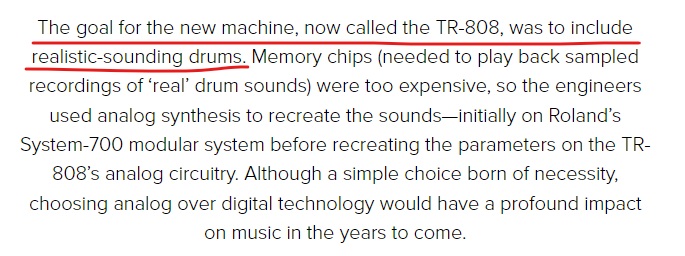Crowe
part raven, part troll
I get that it's not a practical scenario, which is why hunting for realism for realism's sake is a fool's errand. It's just not feasible when you realize that the time required for programming and recording all the minute variations that would be required for any basic level of true realism in a sample library would potentially only be outshone by the many, many terra-bytes such a library would then by necessity have to encompass.For many working composers, this is not a practical scenario.
If your gig is to create orchestral simulations, maybe you should try to….simulate an orchestra as best you can?
I've seen the whinging about 200gb string libraries. Those would seem like a joke.
With what we have on offer, frankensteining a multitude of libraries into the type of cohesion that, even at surface level, looks like realism takes months for a single piece. We've seen it done. It's madness. Worth it maybe only to prove a point.
If that's the baseline we're working with, maybe it's our outlook that needs work, rather than our sample libraries.
EDIT: I'm sure Hans Zimmer has chimed in on this before with his own bespoke library. After which he was bashed into the ground by people who were dead certain he was a liar. This is why we can't have nice things.
Last edited:





